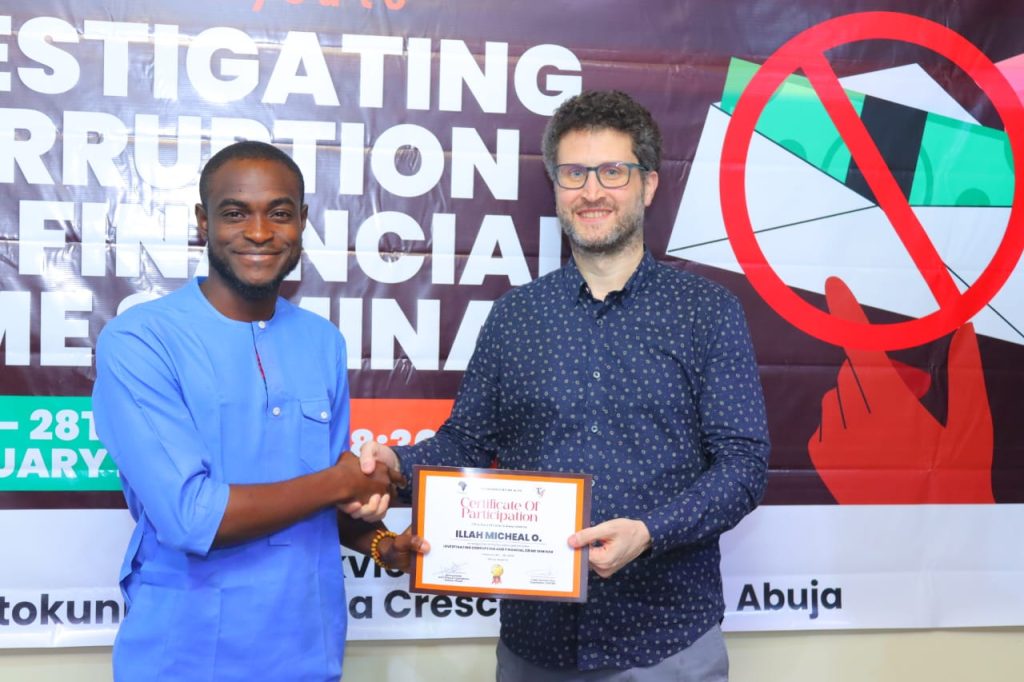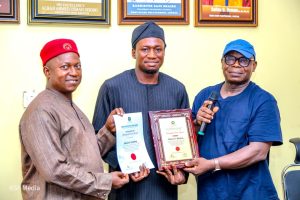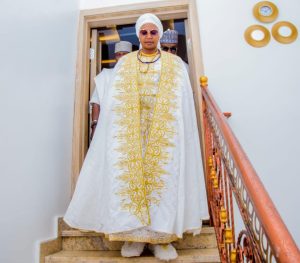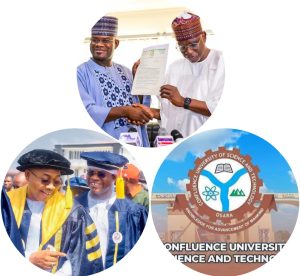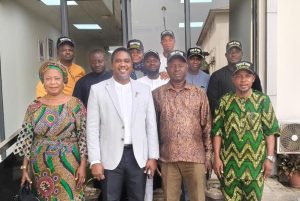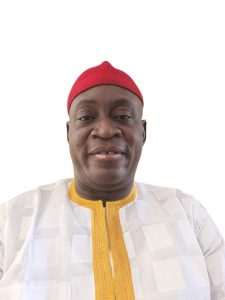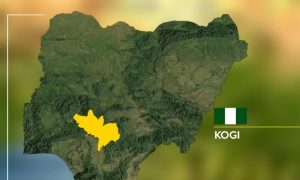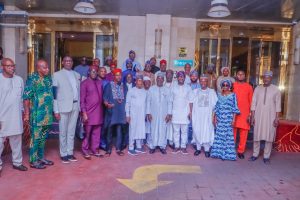Exposing Corruption’s Shadow: In Abuja, PPLAAF, AFRICMIL Illuminate Pathways for Journalists on Whistleblower Advocacy
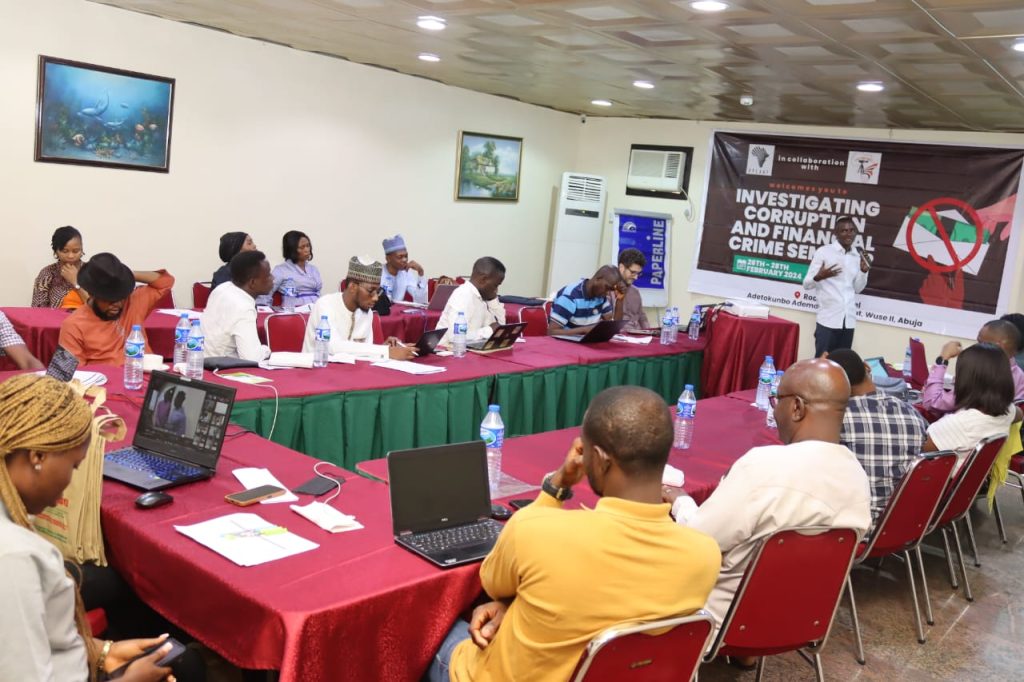
In the epicenter of Africa’s battle against corruption, Nigeria’s capital city of Abuja became the stage for a transformative endeavor: the Platform to Protect Whistleblowers in Africa (PPLAAF), in collaboration with the African Centre for Media and Information Literacy (AFRICMIL), orchestrated a three-day capacity-building program titled “Investigating Corruption and Financial Crime.”
When the curtains of events drew on 28th February 2024 at one of the event halls of the Rockview Hotel Royale in Abuja, it signaled the successful end to exciting moments sparked by far-reaching conversations that were flagged off 2 days earlier.
The program which was against the backdrop of Nigeria’s enduring struggle against systemic corruption, convened stakeholders ranging from journalists and civil society advocates to legal experts and anti-corruption activists. With a collective resolve to fortify the arsenal against corruption, participants delved deep into the intricacies of investigative journalism, legal frameworks, and technological tools aimed at combating financial crime.
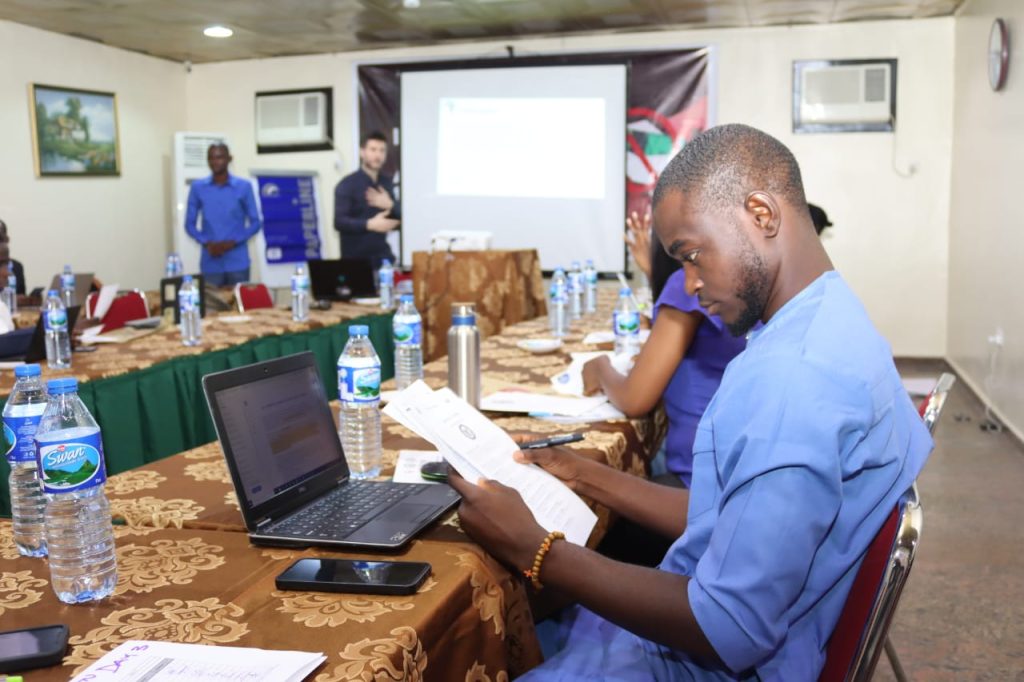
The opening day dawned with anticipation as attendees gathered at the venue, eager to embark on a journey toward empowerment and enlightenment. In the trail of soaring expectations, the program kicked off with fervent speeches from the experts. These keynote addresses underscored the critical role of investigative journalism in fostering transparency and accountability while emphasizing the imperative of collective action in combating corruption’s pervasive grip.
Throughout the program, seasoned resource persons exposed participants to the existing legal frameworks designed to protect the whistleblower. From practical skills, strategic insights, and digital tools for deciphering complex financial statements, to harnessing the power of digital forensics, each session served as a beacon of enlightenment towards uncovering corruption’s elusive tendrils.
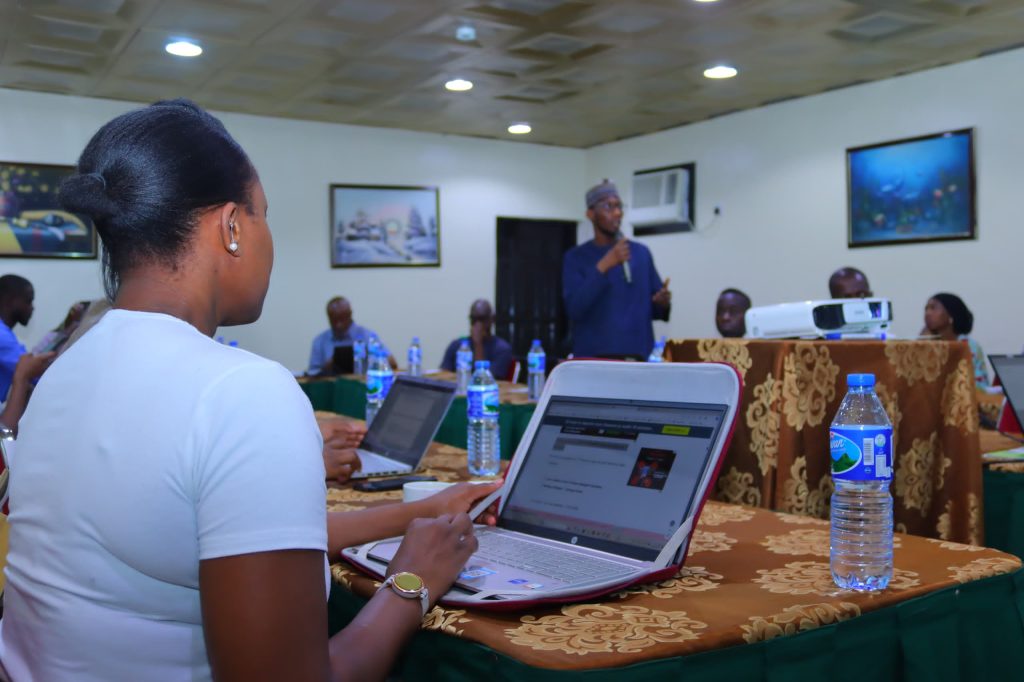
Speaking at the event, one of the panelists, Johnson Oludare, Assistant Director at the Federal Ministry of Finance who also heads the whistleblowing unit of the Presidential Initiative on Continuous Audit (PICA), emphasized that Nigerians need to do away with the culture of silence and expose corruption. In his thoughts, the focus on corruption as if it were just about looting was wrong, noting that other vices like nepotism, favoritism, sectionalism, and the use of personal influence to the detriment of others are all enablers of corruption and must be exposed and dealt with.
John Dell’Osso, Director of Investigation, PPLAAF, and Christian Locka, Cameroon investigative journalist and founder of the MUSEBA Project shared their investigative techniques, unveiling cutting-edge technological tools for data analysis and verification. Their separate comments highlighted the place of Politically Exposed Persons (PEPs), Ultimate Beneficial Ownerships (UBOs), Open-Source Information, what correspondent banking entails, the SWIFT method, as well as visual illustration of the differences between Shell and Shelf Companies.
Also, on the ground to share insights were Jimmy Kande, PPLAAF West Africa and Francophone Director, and Marie Paule CONARÉ, Project Officer, PPLAAF West Africa highlighted the responsibility of journalists as powerful watchdogs in fostering trust and encouraging information by exposing financial impropriety, promoting accountability and safeguarding transparency.
One of the program’s highlights was a riveting panel discussion featuring prominent whistleblowers whose courageous acts catalyzed seismic shifts in Nigeria’s anti-corruption landscape published by the Vanguard Newspaper titled: “Ikoyi Cash,” which reported about the landmark breakthrough in 2017 where a whistler-blower helped the Nigerian government to recover $43.5million, GBP27,800 and N23.2million at No. 16 Osborne Road, Ikoyi, Lagos, Nigeria. The Vanguard also reported that the Federal Ministry of Finance paid the whistleblower the sum of N421 million.
Despite the bottlenecks mitigating the success of the whistleblowing policy in Nigeria and the African continent, their firsthand accounts offered poignant narratives of triumph and tribulation, underscoring the profound impact whistleblowers wield in exposing corruption’s clandestine machinations in Africa. These whistleblowers, often risking their lives and livelihoods, served as beacons of integrity and courage, inspiring participants to emulate their steadfast commitment to truth and justice.
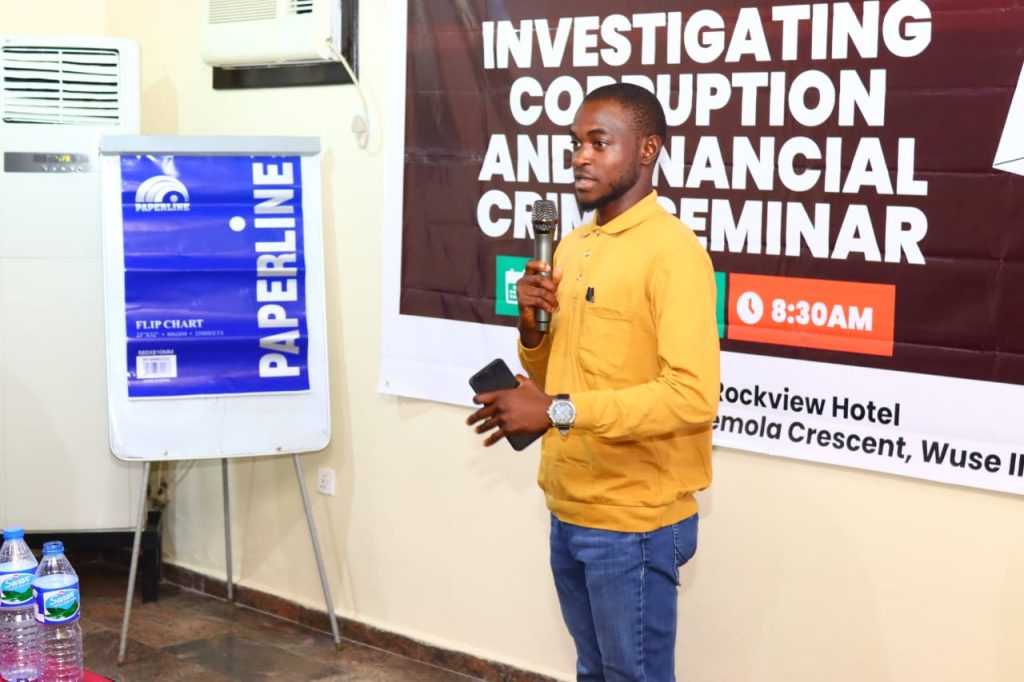
Moreover, the program fostered dynamic networking opportunities, enabling participants to forge invaluable connections and collaborations across diverse sectors. From spirited debates during coffee breaks to impromptu brainstorming sessions after hours, exchanging ideas and experiences enriched the collective wisdom of all involved. As bonds were forged and alliances solidified, a palpable sense of solidarity emerged, transcending geographic boundaries in the collective pursuit of justice and integrity.
The PPLAAF and AFRICMIL’s capacity-building program was beyond mere training; it ignited a beacon of hope, fostering a vibrant community of changemakers committed to reshaping Africa’s narrative from one of corruption to one of integrity and justice. As the echoes of this transformative initiative reverberate far and wide, its legacy endures as a testament to the indomitable spirit of those who dare to challenge corruption’s grip on society.
Illah Michael Ojodomo is a freelance journalist. He writes from Lokoja, Nigeria.
